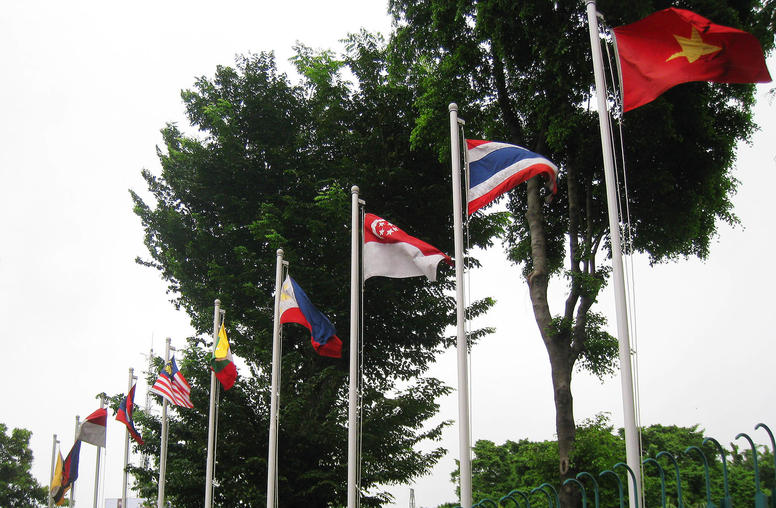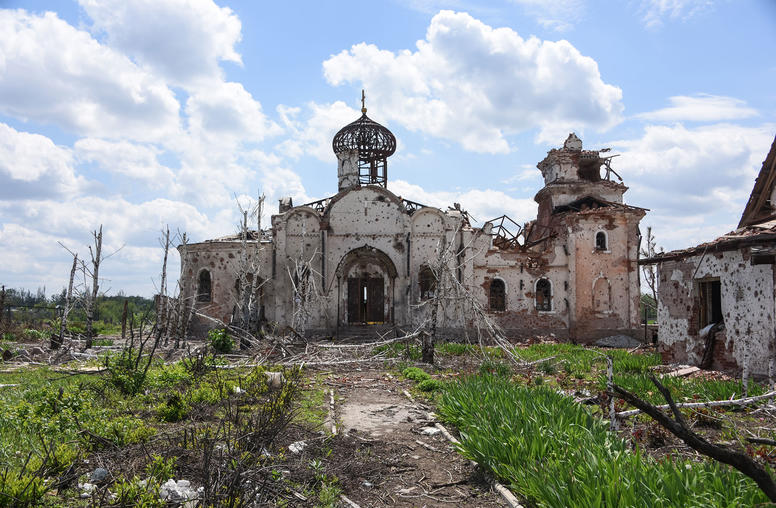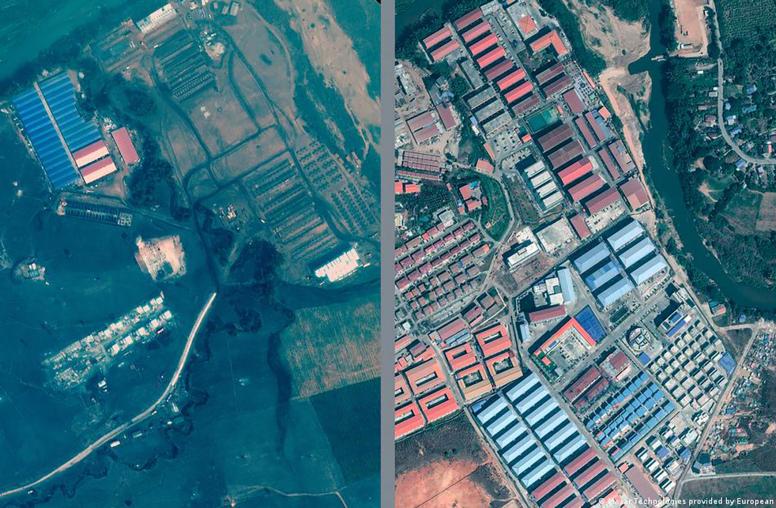 Burma
Burma
In February 2021, Burma erased 10 years of progress toward political reform after the military took power in a coup. Since the coup, the military has created an environment of constant chaos and terror, killing scores of protesters, and waging a war against the Burmese people, who refuse to be subjected once again to brutal military rule. Since 2012, the U.S. Institute of Peace has worked with communities in Burma to curb intercommunal tensions and violence and support stakeholders looking to end decades of civil war and oppression. In addition, USIP’s Burma program provides timely research and analysis on conflict dynamics in Burma for practitioners, policymakers and observers in Burma and abroad.
Learn more in USIP’s fact sheet on The Current Situation in Burma.
Featured Publications

The Latest on Southeast Asia’s Transnational Cybercrime Crisis
Increasing scrutiny and exposure of global internet scams based in Southeast Asia has sparked fast-moving developments to quash the schemes and countermoves by the organized gangs behind them. Recent months have seen crackdowns, arrests and internet cutoffs by law enforcement agencies and regional governments. Meanwhile, Cambodia and Myanmar continue to be the most egregious havens for criminal operations, while Laos seems to be demonstrating early signs of concern for the impact of organized crime on its sovereignty.

Southeast Asian Nations Convene amid Myanmar Crisis, South China Sea Tensions
Leaders from the Association of Southeast Asian Nations (ASEAN) are in Vientiane, Laos this week for the bloc’s annual summit and the concurrent East Asia Summit, which brings ASEAN together with other important regional players like the U.S., Japan, South Korea, Russia and China. Typically, the East Asia Summit is not a venue for major policy discussions, but the gathering offers opportunities for a bevy of side meetings between various countries. At both summits, Southeast Asian leaders will lament progress on Myanmar and the South China Sea — where China’s maritime claims and aggressive actions lead to tensions with regional countries — and the state of the world in general.

The Myanmar Military’s Institutional Resilience
The Myanmar military has endured historic losses over the past three years, leaving it in the weakest state in its history. While there are few paths to recovery — and mounting challenges to its stranglehold on power — the military has managed to stay afloat so far in the face of an expanding revolution against its rule. What are the factors threatening its viability? And what is holding it together? While there is no single explanation, a critical factor is its culture of internal loyalty cultivated over decades of military rule.
Current Projects

Southeast Asia in a World of Strategic Competition: An Essay Series
Great power rivalry between the United States and China is frequently described in bilateral terms, with regions of the world — including Southeast Asia — merely serving as arenas of competition. But this framing ignores the agency of third countries in managing the risks and opportunities presented by this competition. To explore these countries’ agency and the corresponding policy options, this USIP essays series includes contributions from 10 Southeast Asia-based experts. Each essay provides one country’s perspective on how the members of the Association of Southeast Asian Nations (ASEAN) perceive and respond to strategic competition between the United States and China.

Religion and Conflict Country Profiles
USIP’s Religion, Peace and Conflict Country Profiles (RPACCs) are concise analytic overviews of the religious landscape in countries at risk of, currently experiencing or recovering from violent conflict. RPACCs are intended to be used primarily by policymakers and practitioners looking to develop rapid familiarity with the nature and status of religion in a given country of interest as well as to understand how religion intersects with conflict and peace dynamics. The RPACC series is an outgrowth of USIP’s previous work on Religious Landscape Mapping in Conflict-Affected States.

Transnational Organized Crime in Southeast Asia
Over the past decade, Southeast Asia has become a major breeding ground for transnational criminal networks emanating from China. USIP assembled a senior study group to assess one of the most pernicious aspects of such criminality: rapidly spreading, industrial-scale scam compounds that rely on forced labor lured from around the world. The senior study group convened four meetings to share research and information on the trends, dimensions and character of the criminal networks operating the scam compounds and developed recommendations for countering their malign effects.